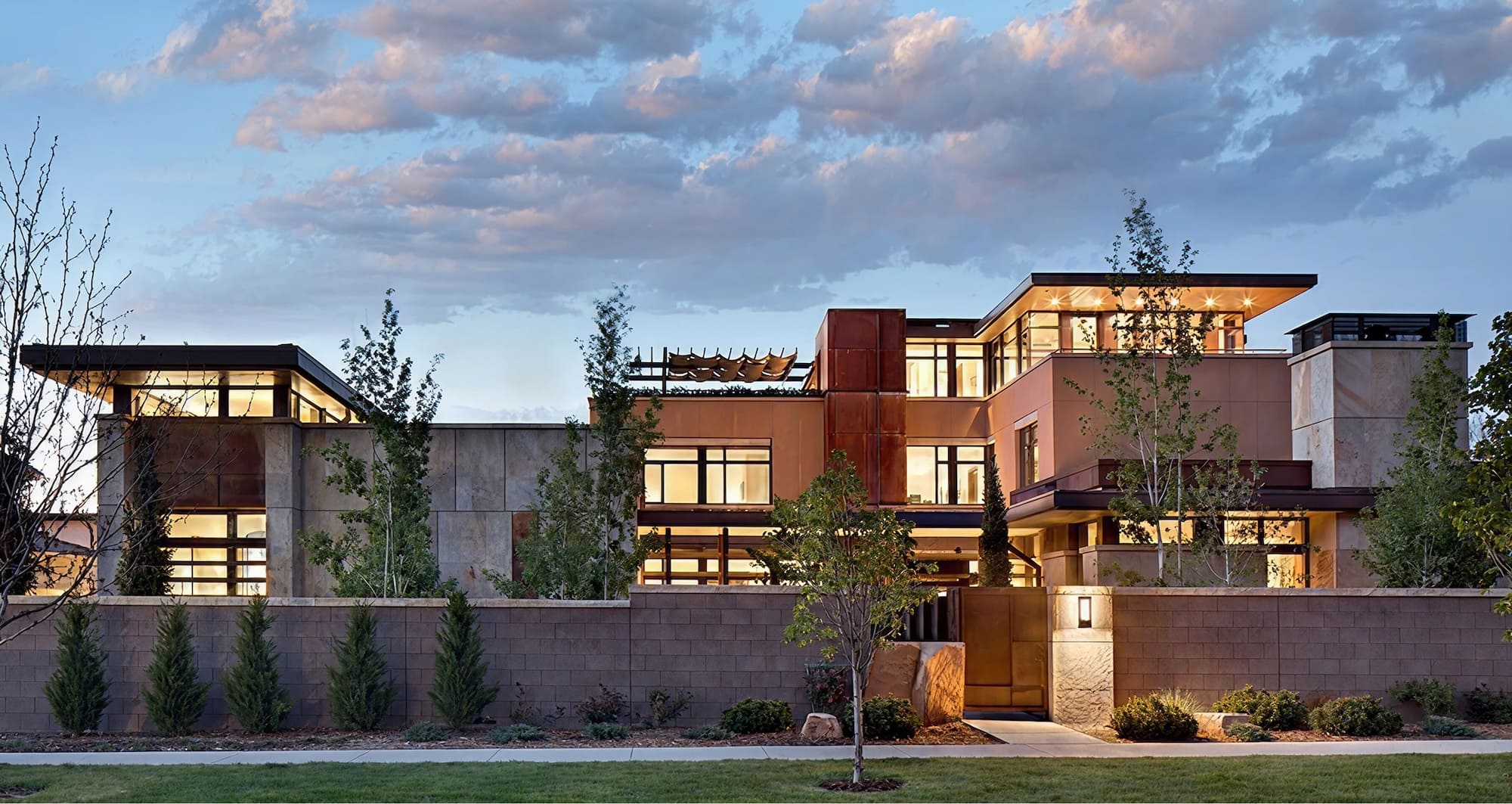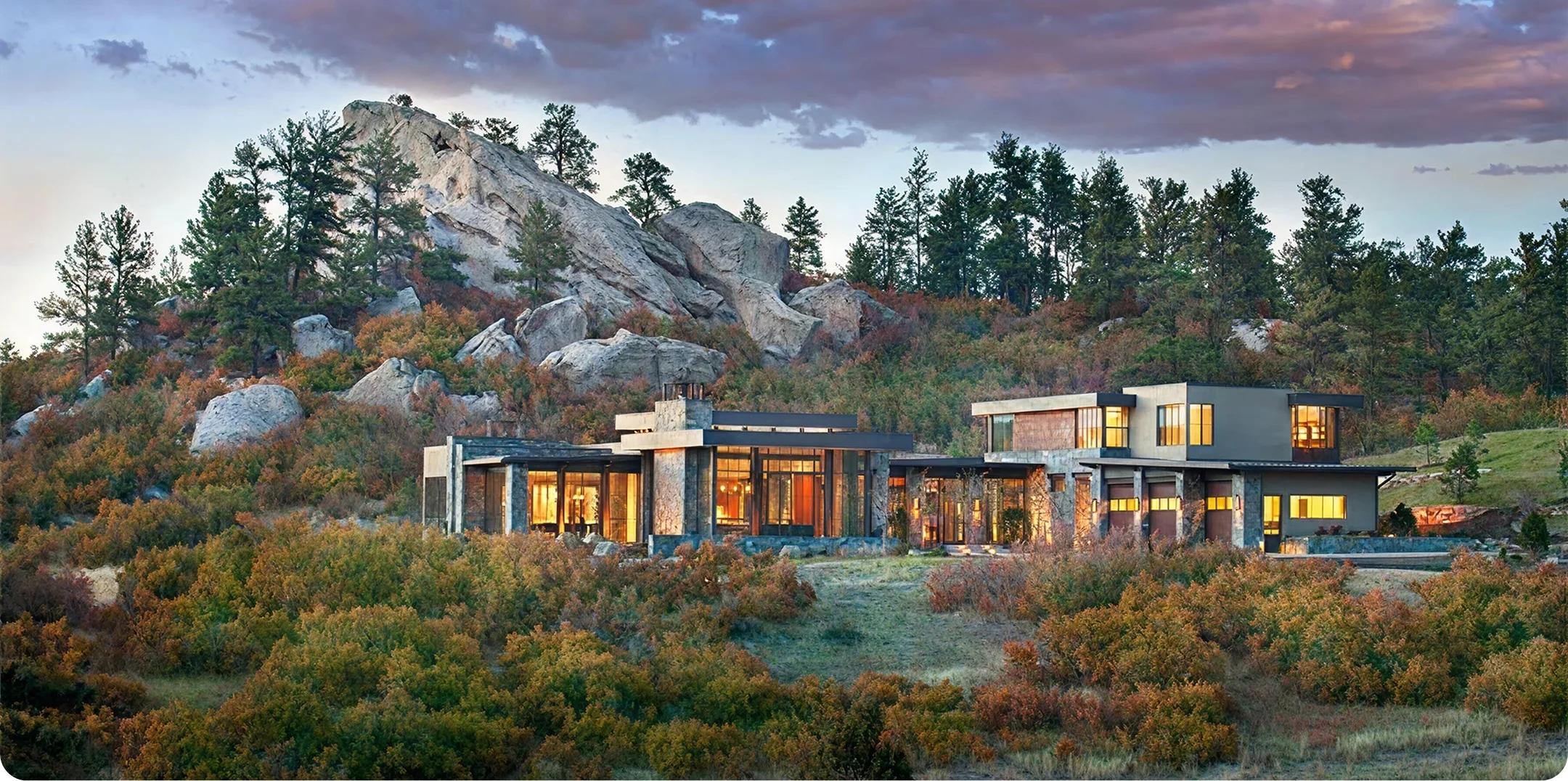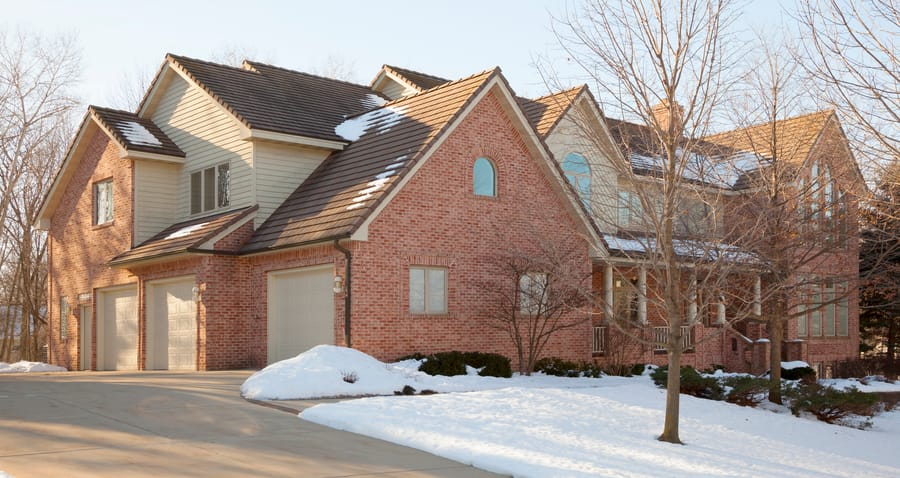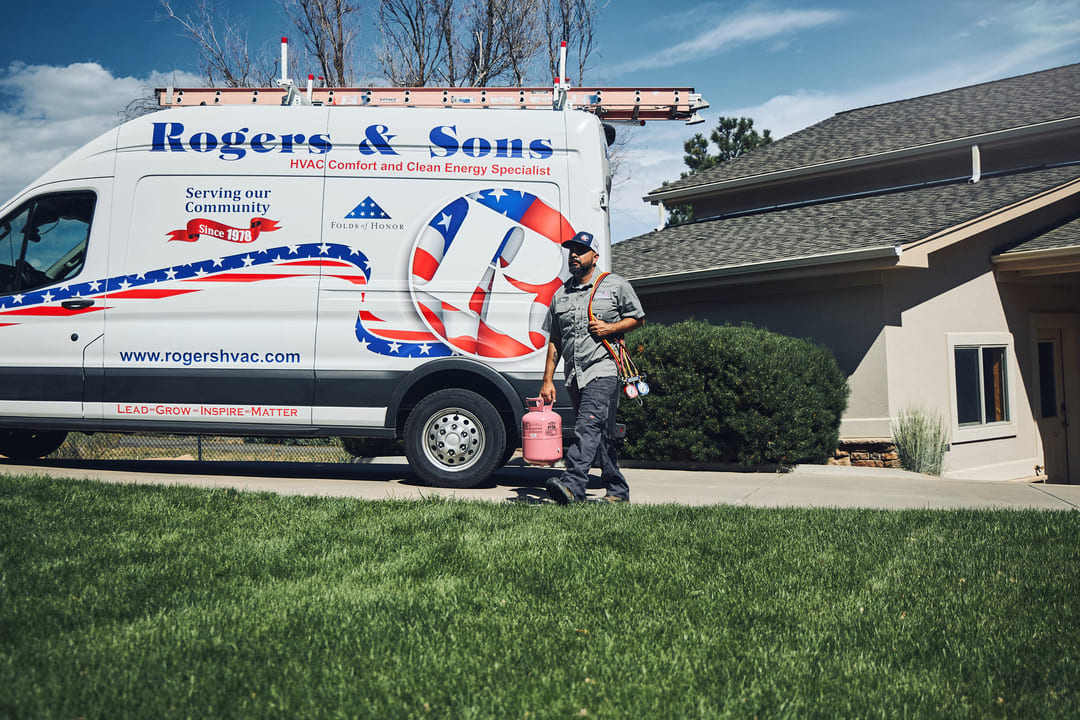greater Denver
Metro area


Sustainable Comfort with Geothermal Heating & Cooling
True comfort is more than temperature control. It requires efficiency, reliability, and discretion working in harmony. In Denver’s luxury homes, a geothermal system provides a sophisticated solution that maintains consistent performance while reducing energy use. The technology relies on the stable temperatures beneath the earth’s surface to deliver eco-friendly heating and cooling without compromising elegance. With more than forty-five years of service in the Denver area, Rogers & Sons continues a legacy of precision that shapes every HVAC installation we design for residences.

What Is Geothermal Energy?
Geothermal energy is a natural source of heating and cooling that draws on the stable temperatures beneath the Earth’s surface. Instead of producing heat through combustion or depending on outdoor air, a geothermal system transfers energy between your home and the ground to maintain balanced indoor comfort. This approach ensures year-round efficiency and performance within a well-designed residential HVAC system.
More than an efficient system, geothermal energy represents a refined approach to climate control, delivering eco-friendly performance and discreet comfort tailored to Denver’s most distinctive homes. By integrating seamlessly with upgrades such as indoor air quality solutions and snow melt systems, geothermal technology supports a complete strategy for elevated residential living.
Geothermal for Denver Homes
Colorado’s climate demands comfort systems that perform in every season. Summer heat can be intense, and winters bring freezing temperatures, yet the ground below remains stable and reliable. A geothermal system uses this consistency to provide heating and cooling that feels effortless inside the home while reducing energy consumption.
For Denver’s luxury residences, geothermal technology delivers benefits that go beyond efficiency:
- Consistent comfort throughout the home: Precision ductwork distributes air evenly, maintaining balanced temperatures across expansive floor plans.
- Integration with luxury upgrades: Geothermal works seamlessly with whole-house humidifiers, indoor air quality solutions, and pool heater installations.
- Long-term reliability: Planned maintenance programs protect performance and extend the life of the system.
- Custom solutions for estate living: These systems pair effortlessly with custom snowmelt systems, advanced heat pumps, and high-efficiency HVAC upgrades.
Together, these elements create a complete comfort strategy designed for sustainability, efficiency, and the elevated lifestyle of Denver’s most distinctive homeowners.
Ground Source Heat Pumps Explained
At the center of every geothermal system is the ground source heat pump. This advanced equipment transfers energy between the home and the earth, using underground loops to capture steady ground temperatures. The process allows the system to provide both heating and cooling without relying on combustion or large amounts of electricity.
In expansive homes throughout the Denver area, ground source heat pumps deliver exceptional efficiency and stability. Homeowners appreciate the quiet operation, the ability to maintain consistent temperatures across every room, and the long-term reduction in energy costs. When paired with precision ductwork and smart zoning controls, the system enhances comfort in a way that feels both seamless and discreet.
Snow Melt Systems for Driveways and Walkways
Geothermal technology can do more than heat and cool the interior of a home. The same ground source energy can be extended to power snow melt systems that keep driveways and walkways clear during Denver’s harsh winters. These systems circulate heated fluid beneath outdoor surfaces, preventing ice buildup and removing the need for constant shoveling or chemical treatments.
For luxury estates, a snow melt system is more than convenience. It protects vehicles, landscaping, and stonework while ensuring safe passage for residents and guests. When designed as part of a complete geothermal installation, snow melt solutions integrate seamlessly with other comfort features, delivering practical benefits without compromising elegance.
Private Consultations
Available
Geothermal Maintenance and Longevity
One of the greatest advantages of geothermal heating and cooling is its longevity. Underground loop fields are built to last for generations, and the heat pump itself can operate efficiently for decades when given proper attention. Routine checkups, fluid monitoring, and scheduled inspections protect performance and allow homeowners to enjoy uninterrupted comfort year after year.
Compared to conventional systems, upkeep is minimal. Rogers & Sons offers planned maintenance tailored to estate homes, assuring homeowners that their system is operating safely, efficiently, and at its full potential. This proactive approach safeguards the investment while preserving the refined comfort expected in Denver’s most distinctive residences.
What Sets Us Apart
Delivering geothermal comfort at the highest level calls for expertise that reaches beyond standard HVAC service. At Rogers & Sons, every project reflects the precision, discretion, and craftsmanship that have defined our work for more than four decades. Our approach is tailored to the unique needs of Denver’s most distinctive homes, ensuring comfort solutions that are refined, reliable, and built to last.
- Proven heritage: Over forty-five years of trusted service in the Denver area, supported by three generations of family expertise.
- Custom integration: Systems designed to pair seamlessly with advanced ducts, indoor air quality upgrades, snow melt systems, and other residential enhancements.
- Discreet professionalism: Crews trained to work with care and respect in luxury estate environments.
- Sustainability leadership: Guidance on energy efficiency, federal and state tax credits, and long-term performance strategies.
With Rogers & Sons, geothermal installations are not just efficient systems. They are carefully engineered comfort solutions that protect your investment and elevate the standard of living in your home.
Have A Question Or Concern?
Fill out this form and our team will get back to you as soon as possible.Frequently Asked Questions
Real Success Stories
Our goal is to provide clients with an exceptional service experience, offering top-tier service every step of the way.

